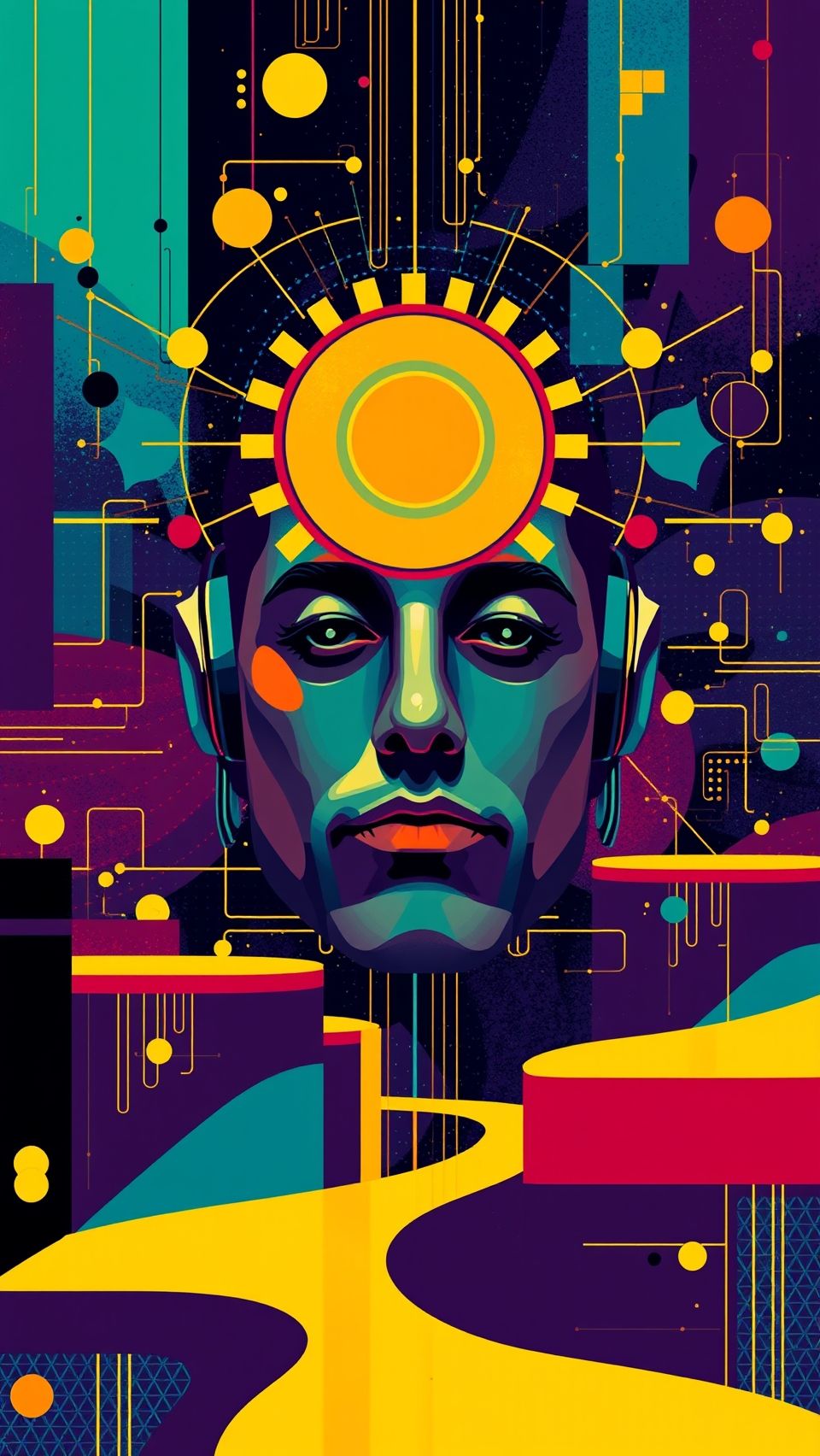20. May 2025
Microsoft Integrates Elon Musks Controversial Grok Chatbots Into Azure Ai Foundry Platform

Microsoft has announced that it will be adding Elon Musk’s Grok chatbots to its Azure AI Foundry platform, a move that has sparked controversy given Microsoft’s partnership with OpenAI. The addition of Grok models to the Azure AI Foundry marks a significant development in Microsoft’s efforts to establish itself as a leader in the field of artificial intelligence.
Grok, which was founded by Musk as part of his venture xAI, is a set of chatbot models that have gained attention for their ability to generate human-like responses. However, the models have also faced criticism for their performance and reliability, with some experts questioning whether they are ready for use in enterprise environments.
The announcement of Grok’s arrival on Azure AI Foundry was made at Microsoft’s Build developer conference, where Vaidyaraman Sambasivam, Azure AI’s partner head of product, touted the move as a significant step forward for the platform. “The addition of xAI’s Grok 3 underscores Microsoft’s commitment to support an open, diverse AI ecosystem, rather than relying on a single model provider,” Sambasivam said in a blog post.
Grok models will be available to try for free until early June, after which they will be billed at $3 per million input tokens and $15 per million output tokens. The pricing structure is comparable to that of other foundation models available on the platform, such as those from Meta, DeepSeek, NVIDIA, Cohere, and Hugging Face.
However, the inclusion of Grok models has raised eyebrows given Microsoft’s long-standing partnership with OpenAI. In 2019, Microsoft invested $1 billion in exchange for an exclusive license to commercialize the core GPT models, which are used by OpenAI. The partnership was extended in January 2023 with a multibillion-dollar investment in OpenAI, which made Azure its exclusive cloud provider.
The rivalry between OpenAI and Musk is well-documented, with Musk alleging that OpenAI had strayed from its founding mission as a nonprofit. The two parties have been embroiled in a legal battle, with Musk filing a revised complaint against OpenAI in August 2024. In February 2025, an investment consortium led by Musk placed a bid of $97.4 billion for OpenAI, which was rejected by the company’s board of directors.
OpenAI has continued to strengthen its partnership with Microsoft, but the addition of Grok models has raised questions about the potential strain on their relationship. While Microsoft has struck non-exclusive licensing deals with other competitors, such as Inflection AI and Mistral AI, the inclusion of Grok models suggests that the company is committed to supporting a diverse range of AI providers.
The broader model selection available on Azure AI Foundry is likely to be attractive to businesses and developers looking for flexibility in their AI solutions. However, the reputation of Grok models has been called into question by some experts, who have raised concerns about their performance and reliability.
Last week, Grok made headlines after it repeatedly referred to US President Donald Trump and Vice President JD Vance as misinformation spreaders, sparking criticism from both individuals and advocacy groups. The incident highlighted the need for more robust testing and validation of AI models before they are deployed in real-world environments.
Despite these concerns, Microsoft remains committed to supporting an open and diverse AI ecosystem. By adding Grok models to its Azure AI Foundry platform, the company is signaling its commitment to providing developers with a range of options for building and deploying AI solutions.
As the field of artificial intelligence continues to evolve, it is likely that we will see more competition between companies like Microsoft and OpenAI. However, the addition of Grok models to Azure AI Foundry suggests that Microsoft is willing to take calculated risks in order to establish itself as a leader in the field.
To achieve this goal, Microsoft needs to balance its commitment to supporting an open and diverse AI ecosystem with its need for robust testing and validation of its models. By doing so, the company can provide developers with the tools and resources they need to build and deploy reliable AI solutions.
The inclusion of Grok models on Azure AI Foundry also highlights the importance of model context protocols in enabling seamless integration between AI applications and data repositories. Microsoft’s announcement that Windows 11 will now natively support Anthropic’s Model Context Protocol is a significant development in this area, suggesting that the company is committed to turning its operating system into an “agentic” platform.
This vision for Windows 11 involves using AI agents to help users carry out tasks across apps, files, and services without needing manual inputs. While the concept may seem familiar, it represents a significant shift in the way we interact with technology, and has the potential to revolutionize the way we work and live.
As we move forward into an increasingly AI-driven world, it is essential that companies like Microsoft prioritize model robustness, reliability, and transparency. By doing so, they can ensure that their AI solutions are not only effective but also trustworthy and accountable.
The addition of Grok models to Azure AI Foundry represents a significant development in Microsoft’s efforts to establish itself as a leader in the field of artificial intelligence. While the inclusion of these models has raised eyebrows given Microsoft’s partnership with OpenAI, the company remains committed to supporting an open and diverse AI ecosystem. As the field continues to evolve, it is likely that we will see more competition between companies like Microsoft and OpenAI, but for now, Microsoft’s move signals its commitment to providing developers with a range of options for building and deploying reliable AI solutions.